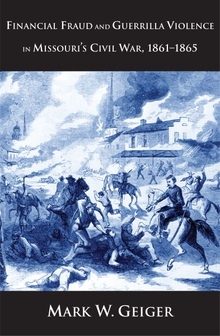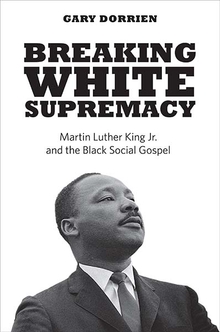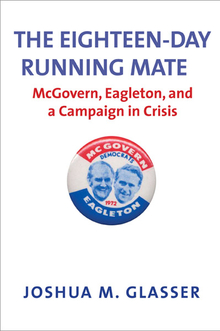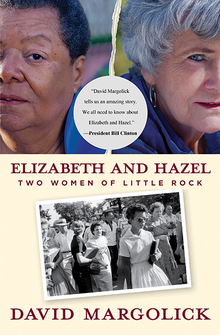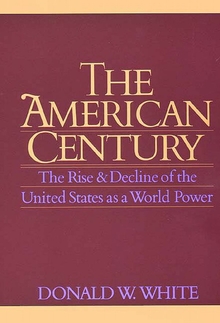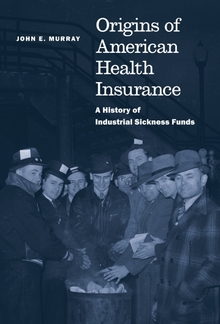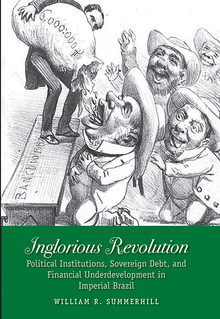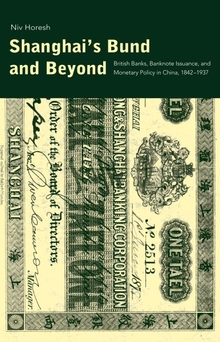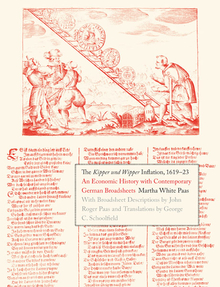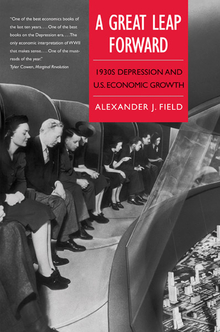Financial Fraud and Guerrilla Violence in Missouri's Civil War, 1861-1865
WARNING
You are viewing an older version of the Yalebooks website. Please visit out new website with more updated information and a better user experience: https://www.yalebooks.com
Mark W. Geiger
This highly original work explores a previously unknown financial conspiracy at the start of the American Civil War. The book explains the reasons for the puzzling intensity of Missouri’s guerrilla conflict, and for the state’s anomalous experience in Reconstruction. In the broader history of the war, the book reveals for the first time the nature of military mobilization in the antebellum United States.
"This is an important book, period. Geiger persuasively explains the intensity of guerrilla conflict in Missouri. No one knew about the financial frauds that lay at the heart of Missouri's guerrilla problem until Geiger discovered the evidence of it in obscure county court records and reached his astounding conclusion: financial schemes to lend money to the Confederacy from Missouri banks bankrupted the planter aristocracy of the state and made the sons of the planters a desperate class from which to recruit the bitterest and most destructive guerrillas in America's Civil War. In short, this is one of the finest monographs on the Civil War I have read in twenty-five years."—Mark Neely, Professor of the History of the Civil War Era, Penn State University and winner of the 1992 Pulitzer Prize in history for The Fate of Liberty: Abraham Lincoln and Civil Liberties
“This study bridges financial, political, social, and Civil War history in an exciting, creative way. Using as his jumping off point a series of law suits filed in Missouri during the Civil War to recover bank loans granted to Confederate sympathizers, Geiger is able to map the spread of both the “market revolution” and slavery through the region, shed new light on the politics of this important border state, illuminate the techniques used by both the North and the South to finance the Civil War in its early stages, and explain the unique course of the war and its aftermath in the region—the vigor of the guerilla movement in Missouri and the failure of elite planters to reestablish their dominance.”—Naomi R. Lamoreaux, Professor of Economics, History, and Law, University of California, Los Angeles
“The most original book about the Civil War in the last several years […] It was a delight to read. This is what historians do when they're on their game.”— Gerald Prokopowicz, host of Civil War Talk Radio
Won Honorable Mention for the 2011 Lincoln Prize awarded by Gettysburg College and the Gilder Lehrman Institute of American History
Publication Date: July 27, 2010
36 scattered b/w

